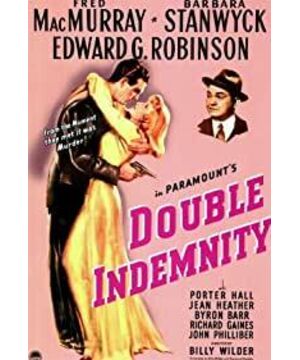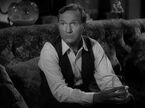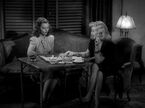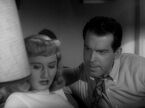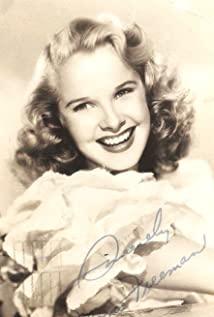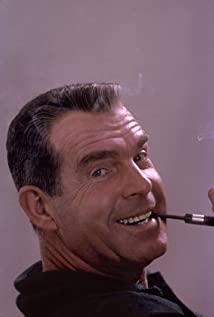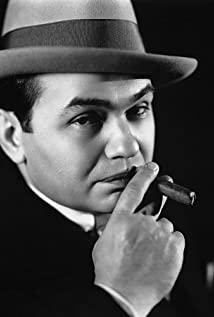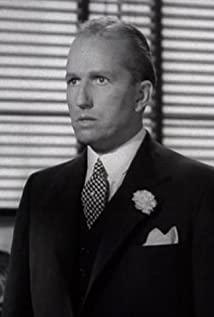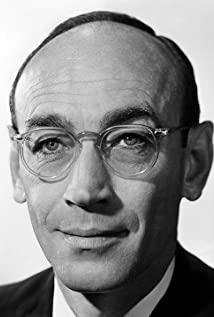How a murder case is thrilling and creative, Master Billy Wilder gives us the answer.
The film tells the story of murdering someone for insurance payouts through the first-person perspective of insurance salesman Rivada.
In terms of character creation, we can see from the beginning that Lihuada's image is three-dimensional and rich. He is a man who is on the edge of morality. He has worked in the insurance industry for 11 years but is unsatisfactory, and the heroine of the film attracts attention as soon as he appears. to us.
As soon as the heroine Phyllis appeared on the scene, she showed us a high-angle shot with bare shoulders, which instantly aroused the desire of an insurance salesman, and when Phyllis in a dignified skirt appeared on the camera, it aroused our interest even more.
The tone of the film fascinated us from the beginning, and the story that followed was also twists and turns, from the beginning of the murder case, to Mr. Di breaking his leg, which may lead to the failure of the plan, to Mr. Di finally embarking on the journey to the train station, to the implementation of the plan. After the success, Barton thought it was an accident at first. When Mr. Di's daughter appeared, it might lead to the exposure of Phyllis. When Mr. Xie appeared on the train, it further increased the possibility of the plan being exposed. From Barton to the Rivada apartment, it was said that Mr. Di died. The murder, the killing of Phyllis by Rivada, and the final confession, the plot design of all these is very ingenious and deeply attracts our attention.
In addition, the director weakened the motives of Phyllis and Lihuada in character creation, and created a cold image of Mr. Di, so that the audience can empathize with the salesman and mobilize the audience's emotions.
In the end, the scene where Barton lit a cigarette for Rewada was very classic. The team of tit-for-tat friends for many years was extremely successful. It can be said that this murder plan was also a challenge by Reevada to Barton. Unfortunately, she failed.
There is not a single bad shot on the lens of the film, coupled with the construction of the screenwriter's plot, and the poetic and philosophical dialogue, the film is full of brilliance. The final ending is also the moral standard of Hollywood. The protagonist's rebellion and non-mainstream will eventually be attributed to mainstream culture.
But in the end, the director used a scene of a friend lighting a cigarette as the end, which is undoubtedly innovative and poetic. While expounding the theme of the film, it sublimated the relationship between insurance salesmen, which is very innovative.
View more about Double Indemnity reviews


